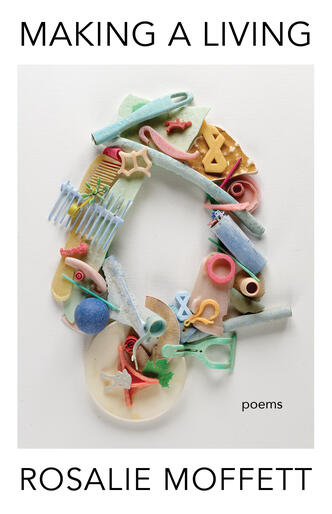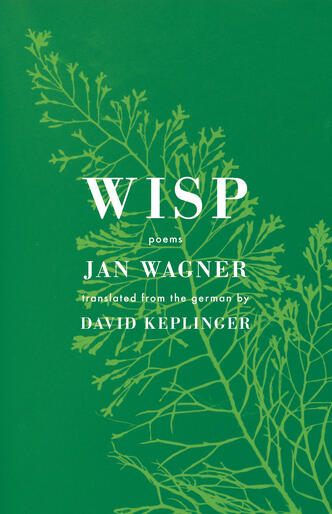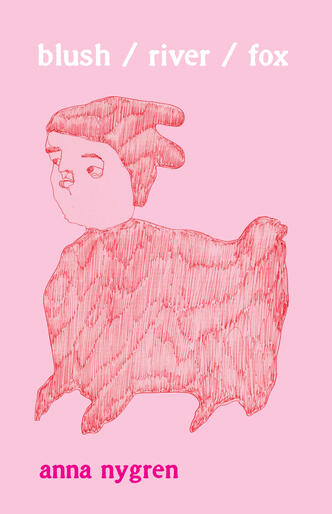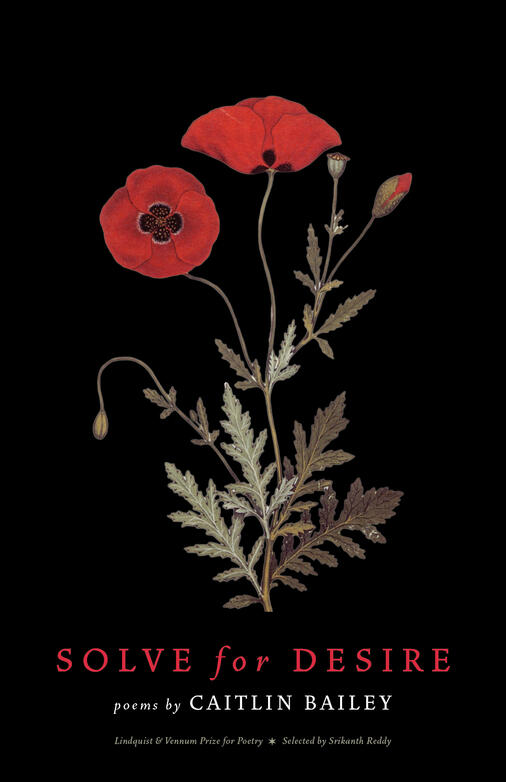
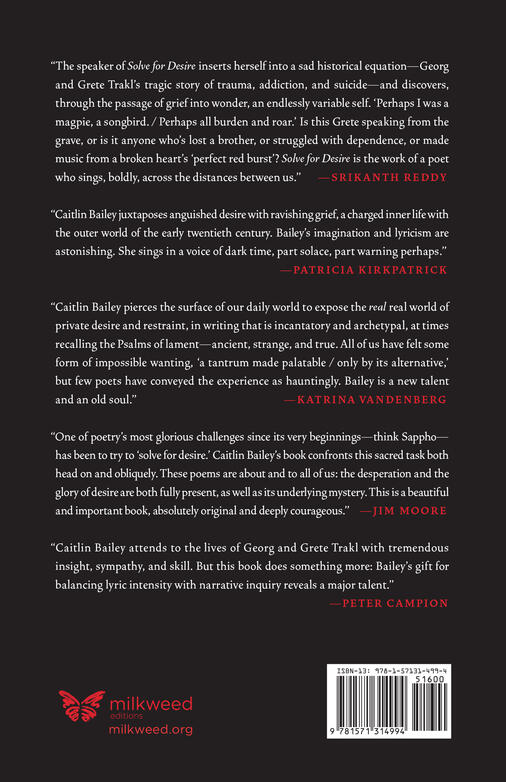
Solve for Desire
“The work of a poet who sings, boldly, across the distances between us.” —SRIKANTH REDDY
A Finalist for the Minnesota Book Award
A debut collection of poems that finds fertile ground in the unknown degree of intimacy, the mysterious and intense relationship, between siblings Georg and Grete Trakl.
Georg Trakl is one of the most celebrated poets of the early twentieth century. Less is known about his sister, Grete: also gifted, also addicted to drugs, and dead by her own hand three years after Georg’s overdose. But in Solve for Desire—selected by Srikanth Reddy as the winner of the 2017 Lindquist & Vennum Prize for Poetry—Caitlin Bailey summons Grete from the shadows. At once sensual and acidic, obsessive and bereft, the Grete of these poems is a fairy-tale sister leaving “missives dropped around the city, crumbs / for your ghost.”
Can one person be addicted to another? Can two souls be twinned, and where does that leave the physical? How do we solve for desire when the object we adore disappears—and how does the poet solve and resolve the past, its wounds and its absences? “Each time I write your name,” Bailey writes, “a key / turns somewhere in a lock.” Like the “perfect red burst” of poppies and of blood, these poems are a blooming, keening exploration of desire between brother and sister, poet and subject, the living and the dead.

